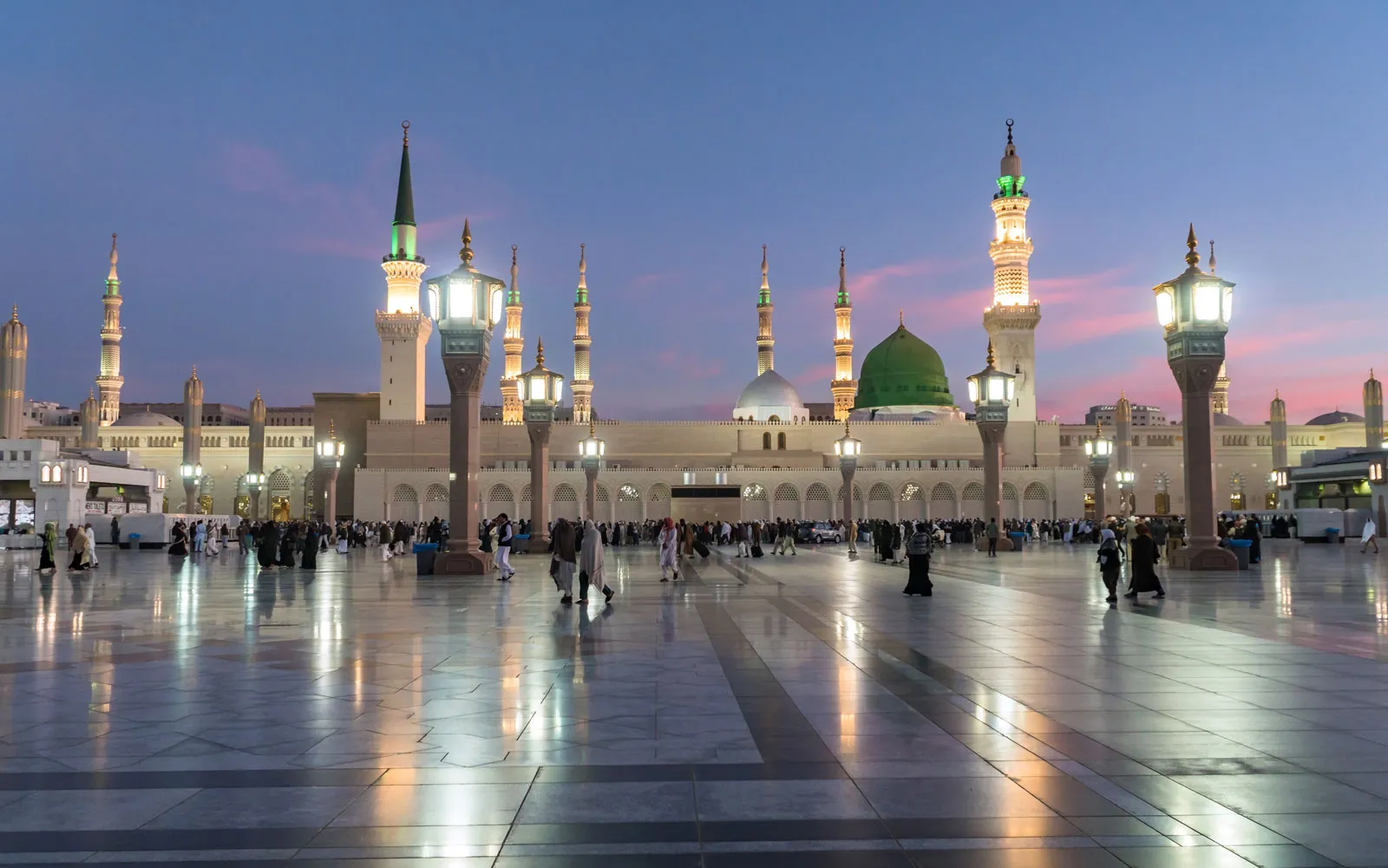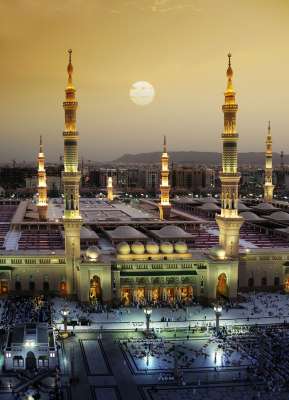عَنْ أَبِي حَمْزَةَ أَنَسِ بْنِ مَالِكٍ رَضِيَ اللهُ عَنْهُ خَادِمِ رَسُولِ اللَّهِ صلى الله عليه و سلم عَنْ النَّبِيِّ صلى الله عليه و سلم قَالَ: “لَا يُؤْمِنُ أَحَدُكُمْ حَتَّى يُحِبَّ لِأَخِيهِ مَا يُحِبُّ لِنَفْسِهِ”. رَوَاهُ الْبُخَارِيُّ [رقم:13]، وَمُسْلِمٌ [رقم:45]. [رَوَاهُ الْبُخَارِيُّ] ، [وَمُسْلِمٌ] On the authority of Abu Hamzah Anas bin Malik (may Allah be pleased with […]
Category: Sunna
The Forty Hadith Of Annawawi – The Eleventh and 12th Hadith ( Topic)
On the authority of Abu Muhammad al-Hasan ibn Ali ibn Abee Talib (may Allah be pleased with him), the grandson of the Messenger of Allah (peace and blessings of Allah be upon him), and the one much loved by him, who said: I memorized from the Messenger of Allah (peace and blessings of Allah be […]
The Forty Hadith Of Annawawi – the Tenth Hadith ( Topic)
On the authority of Abu Hurayrah (may Allah be pleased with him) who said: The Messenger of Allah (peace be upon him) said: “Allah the Almighty is good and accepts only that which is good. And verily Allah has commanded the believers to do that which He has commanded the Messengers. So the Almighty has […]
The forty ḥadīth of al-Imām an-Nawawi , The Ninth Hadith ( Topic 9 )
On the authority of Abū Hurayrah, `Abdur-Raḥmān bin Ṣakhr, who said: I heard the Messenger of Allah (صلى الله عليه وسلم) say: “What I have forbidden to you, avoid; what I have ordered you [to do], do of it what you are able. For it was only their excessive questioning and their contradiction of […]
The forty ḥadīth of al-Imām an-Nawawi , The Eighth Hadith ( Topic )
On the authority of ʽAbdullāh, the son of ʽUmar bin al-Khaṭṭāb that the Messenger of Allah صلى الله عليه وسلم said:”I have been ordered to fight people until they testify that there is no god but Allah and that Muḥammad is the Messenger of Allah and perform the prayers and give the zakāh. If […]
The forty ḥadīth of al-Imām an-Nawawi , The Seventh Hadith ( Topic )
On the authority of Abū Ruqayyah, Tameem bin Aus ad-Dāri, that the Prophet(صلى الله عليه وسلم) said:”Religion is sincerity.” 41 We said, “To whom?” He said, “To Allah and to His Book, to His Messenger, and to the leaders of Muslims and their common people.”(Narrated by Muslim)”Religion is sincerity” has been interpreted by some to […]
The Forty Nawawi Ḥadīth. The Sixth Hadith
On the authority of Abū `Abdullāh, an-Nuʽmān bin Basheer, who said: I heard the Messenger of Allah ( say: “The lawful is clear, and the unlawful is clear, and between the two of them are doubtful matters about which many people do not know. So he who avoids doubtful matters has sought to clear himself in regard to […]
The Forty Nawawi Ḥadīth. The Fifth Hadith
On the authority of the Mother of the Believers, Umm `Abdullāh, ʽĀ’ishah, who said: The Messenger of Allah (صلى الله عليه وسلم) said:”He who innovates something in this matter of ours that is not a part of it – it will be rejected.”(Narrated by al-Bukhāri and Muslim)In one version by Muslim it says:”He who does […]
The Forty Nawawi Ḥadīth. Forth Hadith
On the authority of Abū ʽAbdur-Raḥmān, ʽAbdullāh bin Masʽūd, who said: The Messenger of Allah (صلى الله عليه وسلم), and he is the truthful, the believed,23 narrated to us:”Indeed, the creation of one of you is brought together in his mother’s belly for forty days in the form of a zygote, then he is a […]
The Fourty Nawawi Ahaadeeth, The Forth Hadeeth
On the authority of Abū ʽAbdur-Raḥmān, ʽAbdullāh bin Masʽūd, who said: TheMessenger of Allah , and he is the truthful, the believed, narrated to us:”Indeed, the creation of one of you is brought together in his mother’s belly for forty days in the form of a zygote, then he is a clinging clot for a […]



